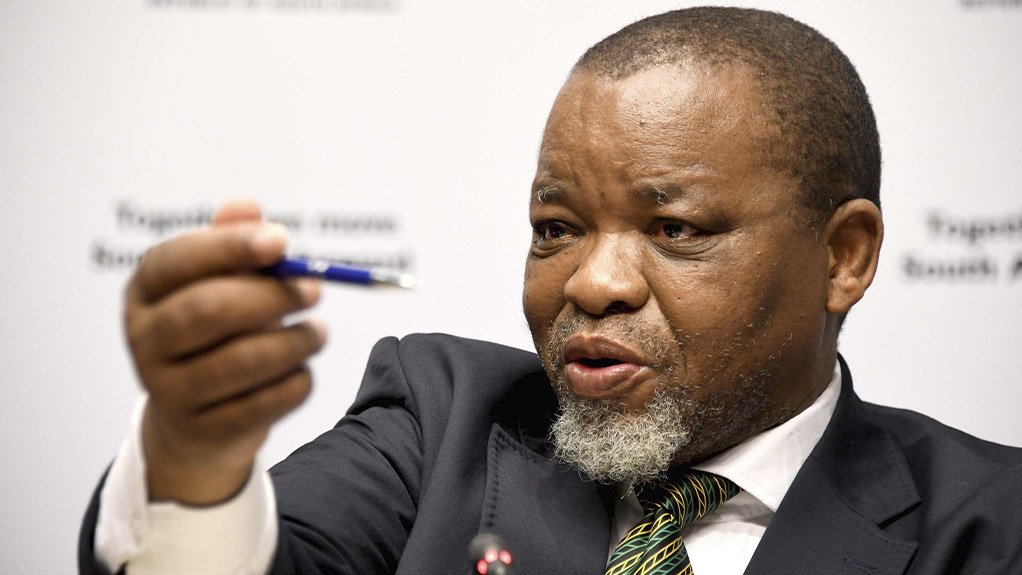Minister of Mineral Resources and Energy Gwede Mantashe re-published the Gas Amendment Bill on Friday for public comment despite the scant hope that it will be processed before Parliament dissolves at the end of March.
The bill, which will regulate the gas industry's development and make provisions for black economic empowerment, has been in the making for the past five years. It was extensively discussed in Nedlac before it was tabled in Parliament in April 2018. It was then withdrawn by Mantashe in September 2022 without much explanation.
Most confusing is that the bill gazetted on Friday appears to be very much the same bill approved by Cabinet and tabled in Parliament in 2018. An extensive process of public hearings was held to consult with industry, labour and the public in 2021 and 2022.
While stakeholders raised some issues with the bill, such as the minister's discretionary powers and the overlap with the National Energy Regulator of SA (Nersa) on tariff setting, the public comment process was not controversial.
The Department of Mineral Resources and Energy (DMRE) could not provide any information on the reasons for the withdrawal and re-tabling of the bill.
The slow passage of the bill is particularly odd as Mantashe is a strong champion of gas energy generation, which takes centre stage in the Integrated Resource Plan 2024 that was gazetted for comment two weeks ago.
The National Assembly portfolio committee chairman on mineral resources and energy, Zet Luzipho, said on Sunday that the bill had initially been withdrawn due to "technical errors in the drafting."
Luzipho said the bill had not been passed onto the committee for consideration, and he was still determining whether the entire public participation process would have to be repeated in terms of the rules of Parliament.
"We will get guidance from the rules committee and legal services on what we should do and if we need to start the process again," he said.
Luzipho said that his committee already had a full and pressured schedule to complete before the end of March, making it questionable whether there would be time to process an additional bill.
I don’t want to pre-empt the process, but we will find it difficult to deal with a bill that comes now. The big question is we are already sitting with two Bills, the Electricity Regulation Act (ERA) and the National Nuclear Regulator Bill. In neither case have we considered the bill clause-by-clause. I am worried, I must say.
The ERA bill is considered a high priority by both the Presidency and the business sector as it is crucial to enable the unbundling of Eskom and the establishment of an independent transmission company, which will allow the establishment of an electricity trading market. This is an essential step to introducing competition in the electricity supply.
Luzipho said that the prospects were good that the National Assembly (NA) will pass the ERA bill before Parliament's dissolution. However, he could not speak for the National Council of Provinces (NCOP), which must also process the bill, which will include more provincial public hearings.
DA shadow minister for Energy Kevin Mileham said the chances of getting ERA through both houses were slim.
"The NA will pass it. I don't think the NCOP will have sufficient time to consider it, given that it's a Section 76 bill. This means that each province has to consider it in their legislature and provide a mandate to their NCOP delegation. That requires public hearings conducted by the provinces," he said.
Edited by: News24Wire
EMAIL THIS ARTICLE SAVE THIS ARTICLE
To subscribe email subscriptions@creamermedia.co.za or click here
To advertise email advertising@creamermedia.co.za or click here













